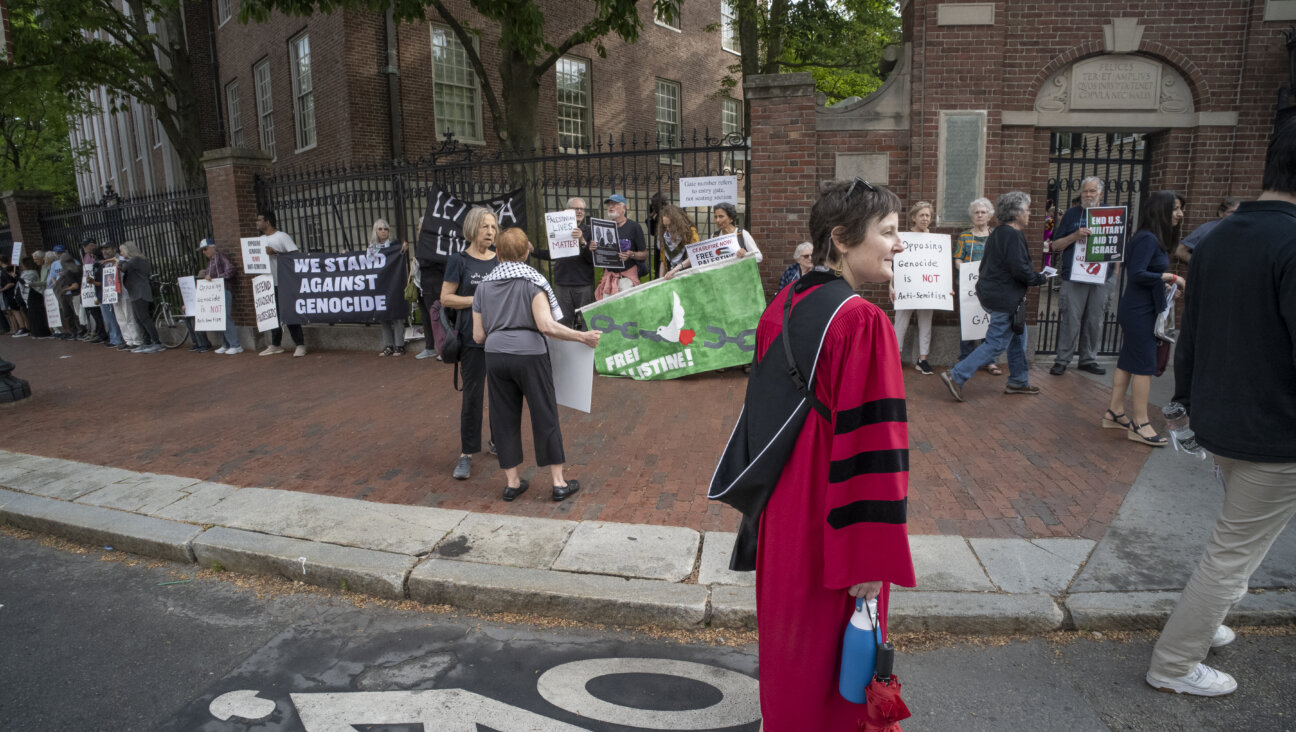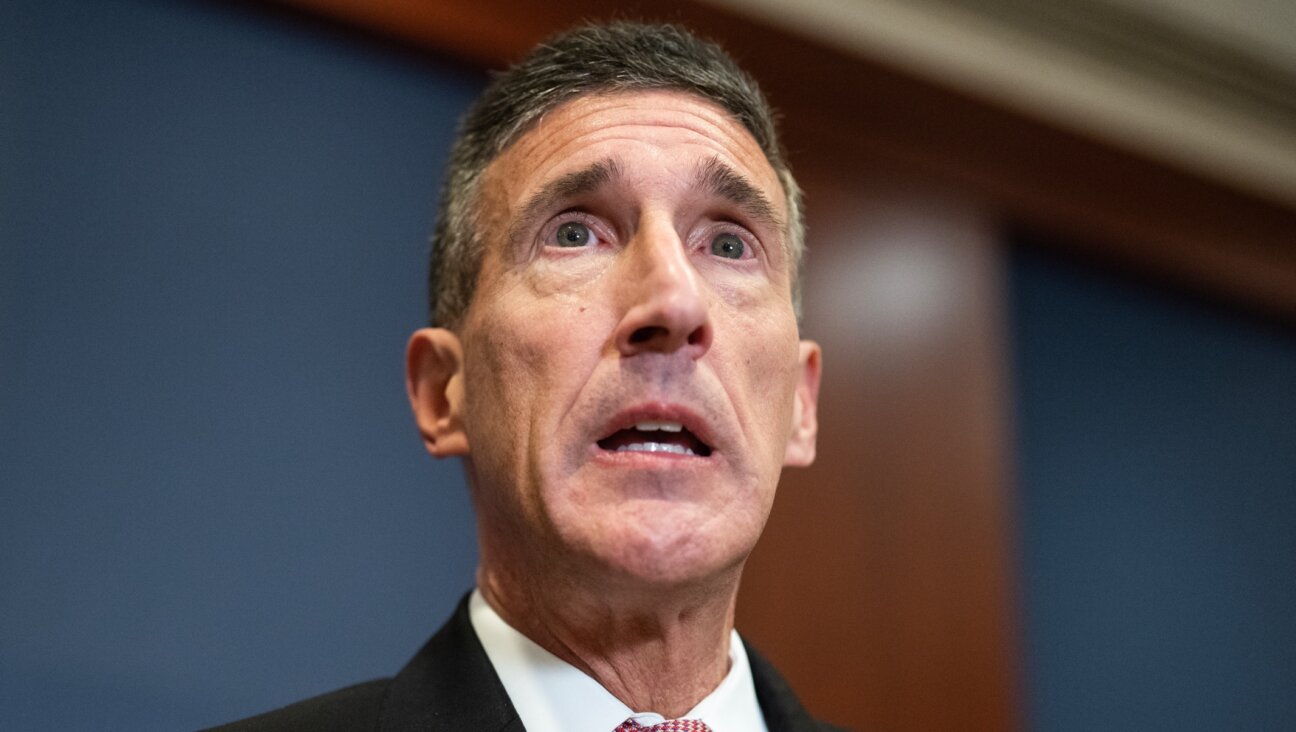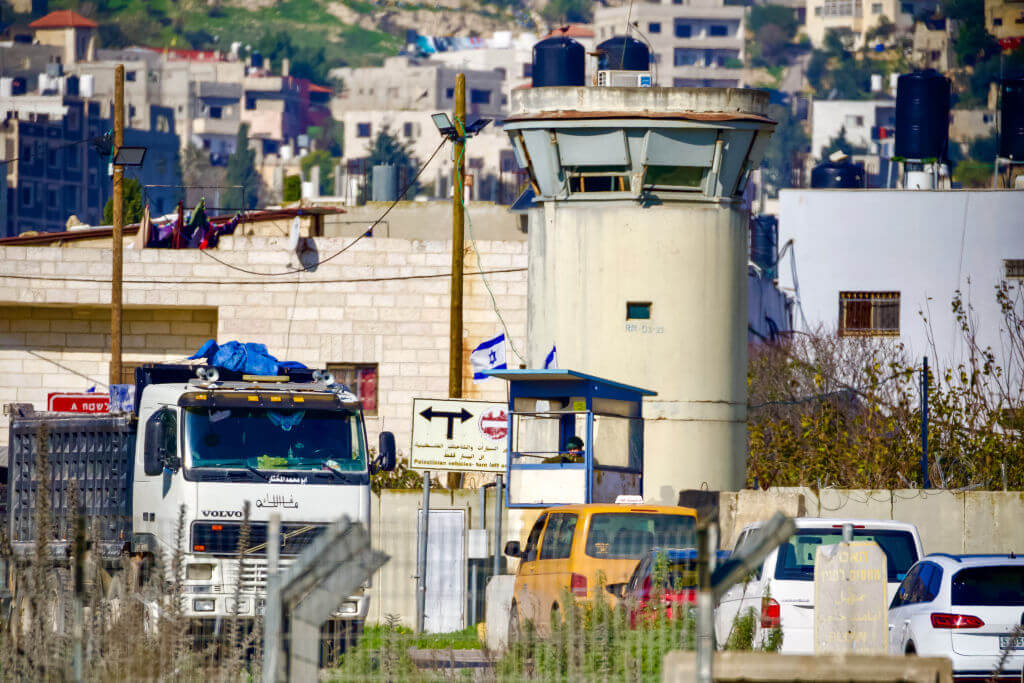From the pain of miscarriage, a Jewish space to mourn pregnancy loss is born
Two women suffered miscarriages, and built the place they needed to heal — Jewishly
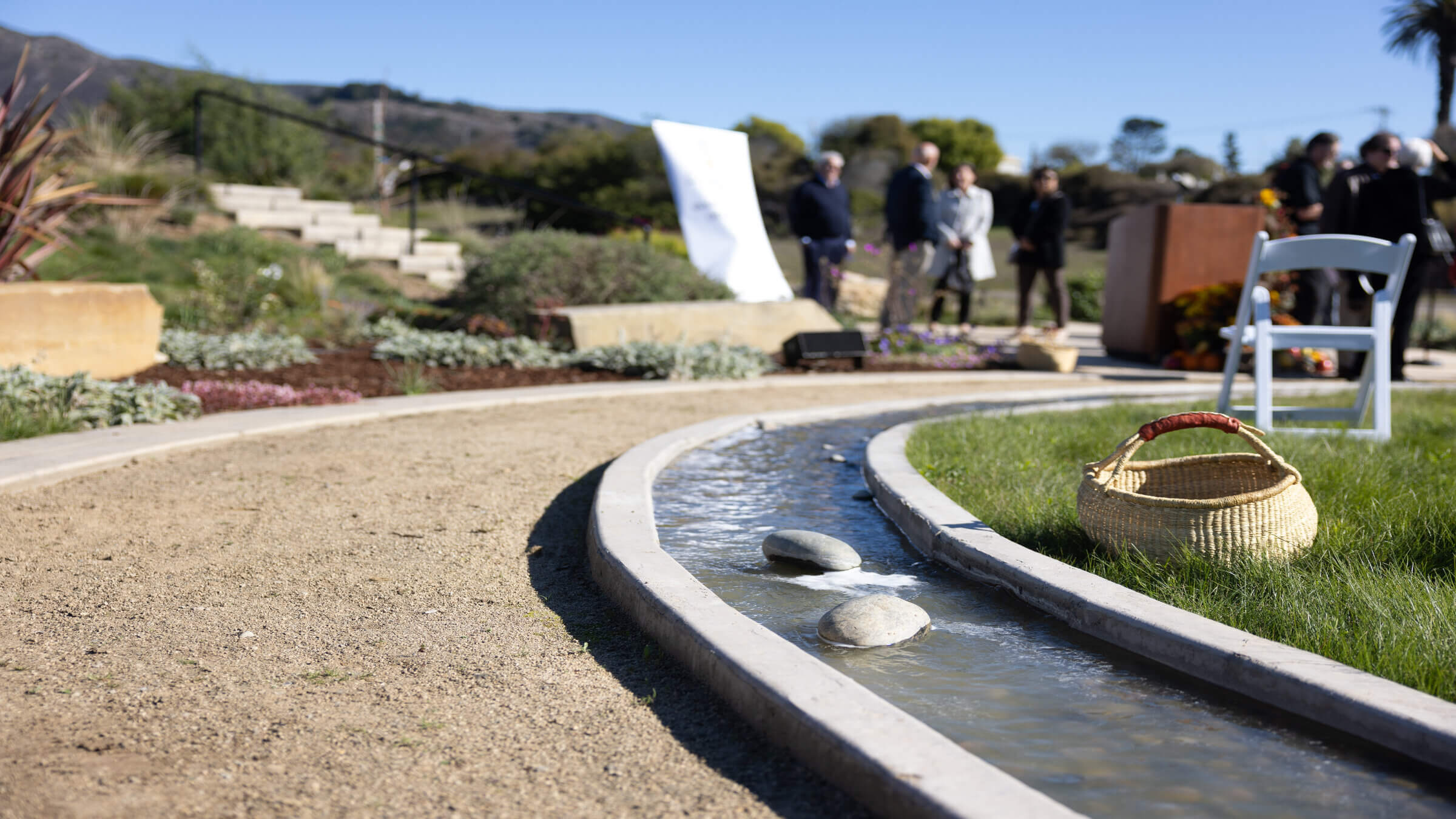
The water element in the Memory Garden at Jewish Eternal Home Cemetery in Colma, California. Photo by Patrick Walls Photography
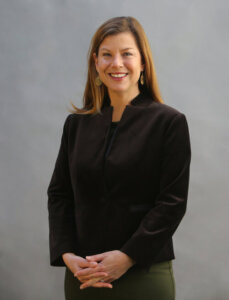
When Abby Porth of San Francisco suffered a miscarriage 14 years ago, she sought comfort from Jewish rituals — and came up short.
She learned that Judaism has shied away from marking a lost pregnancy. There is typically no mourner’s kaddish, sitting of shiva or observance of yahrzeit, the anniversary of a death. Even a newborn who lives less than 31 days does not require mourning rites, according to the rabbis who codified them.
The inability to recognize these losses Jewishly “can be quite isolating and painful for many Jews,” said Porth, now 47, and the director of a family foundation.
So she and Debbie Findling, a friend and philanthropic advisor who had also lost a pregnancy, founded what they call the first Jewish space built to mourn fertility loss. The Memory Garden opened in November at the Jewish Eternal Home Cemetery in Colma, California, just south of San Francisco.
“It provides sacred place, and sets the canvas for ritual — all in sacred Jewish ground — for those who wish to memorialize their perinatal losses,” Porth said at the dedication of the garden, which was attended by 400 people, in-person and virtually.
“If Judaism doesn’t embrace people when they want and need it, we will have lost an important opportunity,” she said.
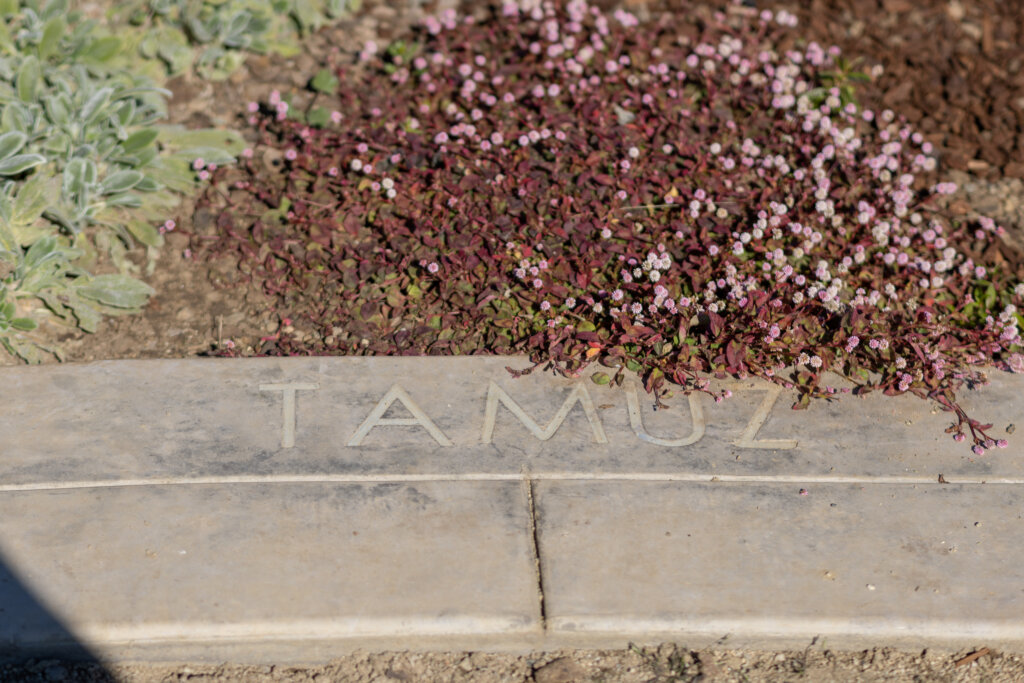
Owned and operated by Sinai Memorial Chapel Chevra Kadisha, or burial society, which gifted the land in perpetuity, the garden is planted with redwoods that set aside areas for contemplation. A walking paths winds through it, and benches invite visitors to stay awhile. The edges of a circular water element are marked with the months of the year in Hebrew and English. With a nod to the Jewish tradition in which mourners place stones on grave markers, visitors are invited to place a stone near the month in which their loss occurred.
Porth and Findling raised $1 million from donors to build the garden, from more than 400 individuals and foundations.
A new tradition
Other religious traditions in recent decades have begun to establish gardens to mourn pregnancy loss. One Catholic cemetery near Albany, New York, for example, allows families to create plaques with the names given to stillborns and fetuses, though there is nothing buried under them.
At the Memory Garden, losses are remembered without tombstones, grave markers or plaques.
“This is a sacred space that is both respectful of halacha (Jewish law) and also recognizes that people have emotions that need to be addressed,” said Sam Salkin, Sinai’s executive director.
Rabbi Cozen-Harel, a Reform rabbi who advised on The Memory Garden project and who had a miscarriage at nine weeks, said the garden speaks to her personally, but also creates opportunities for new Jewish rituals, for both individuals and groups.
It “acknowledges lives lost that parents had hoped for,” she said. “Your womb grew life and then something went wrong. Your body had held it and then your womb became a grave. It is not uncommon.”
Miscarriage, or the spontaneous loss of a pregnancy before the 20th week, is very common. About 10 to 20% percent of known pregnancies end in miscarriage, according to the Mayo Clinic. Stillbirths, far less common, are pregnancies lost after the 20th week.
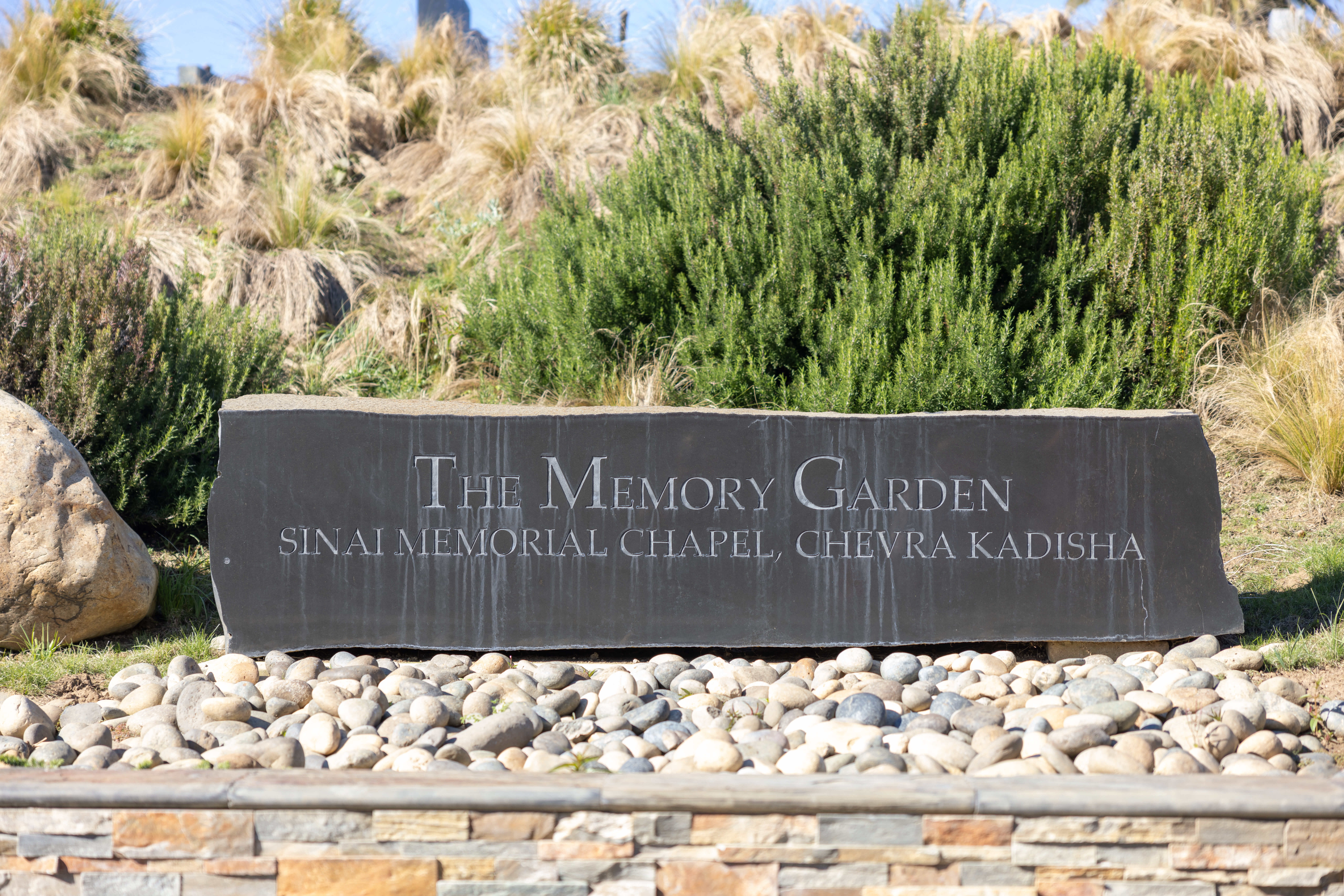
Dr. Mark Jacobs, a retired obstetrician-gynecologist who dealt with high-risk pregnancies, said the medical community is getting better at helping mothers and families grieve when loss happens late in a pregnancy, allowing them to hold stillborns or even pressing little hands or feet into clay to create a keepsake.
“But we are not so good at that when there is an early loss,” he said.
The Memory Garden, according to its founders, is there for anyone suffering from loss, no matter how far along the pregnancy.
The hope, Porth said, is that it will promote healing, “providing solace while connected to tradition during a moment of great pain.”
Correction: In an earlier version of this article a name was mistakenly spelled “Debbie Finley.” It is “Debbie Findling.”








